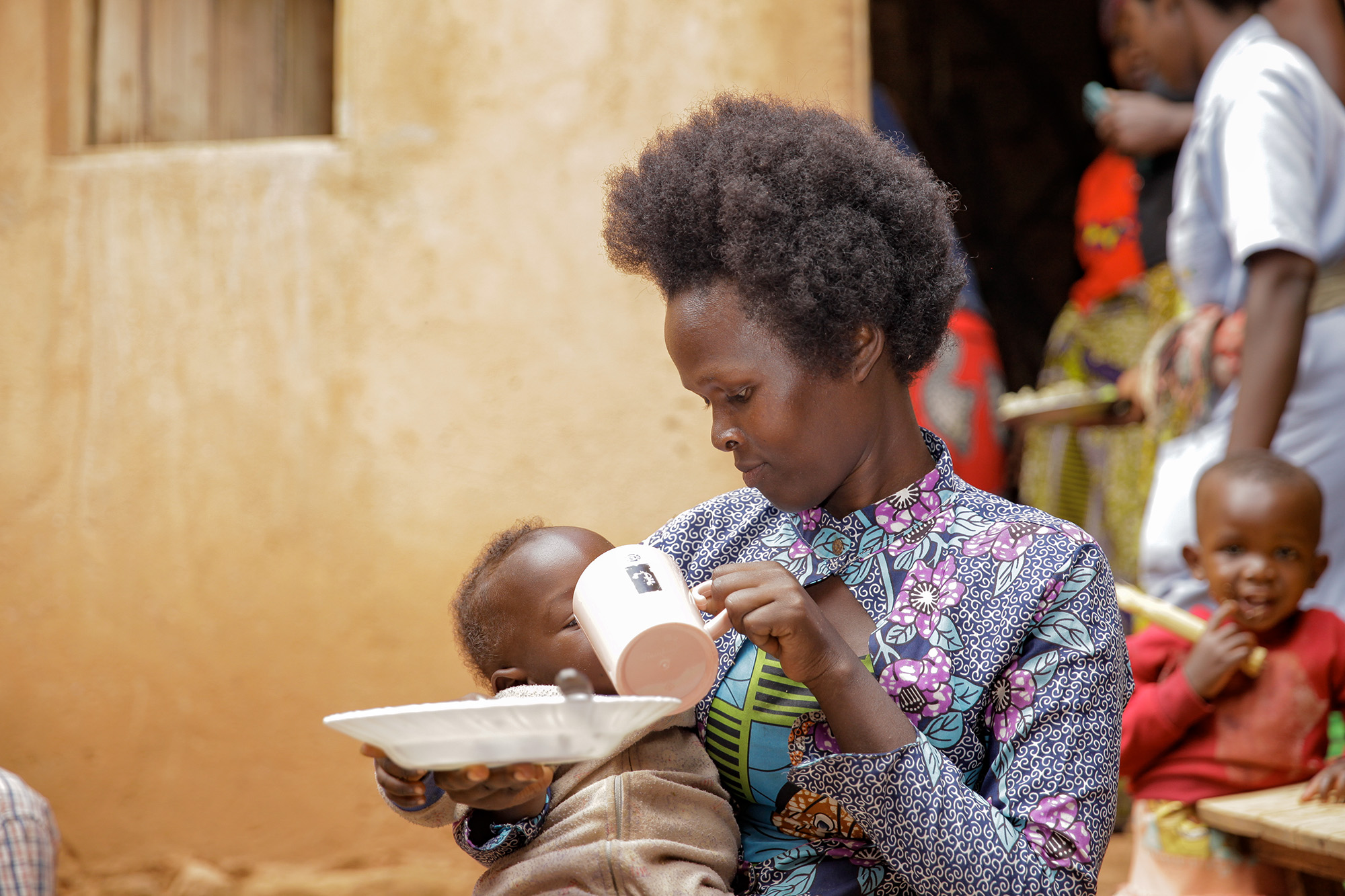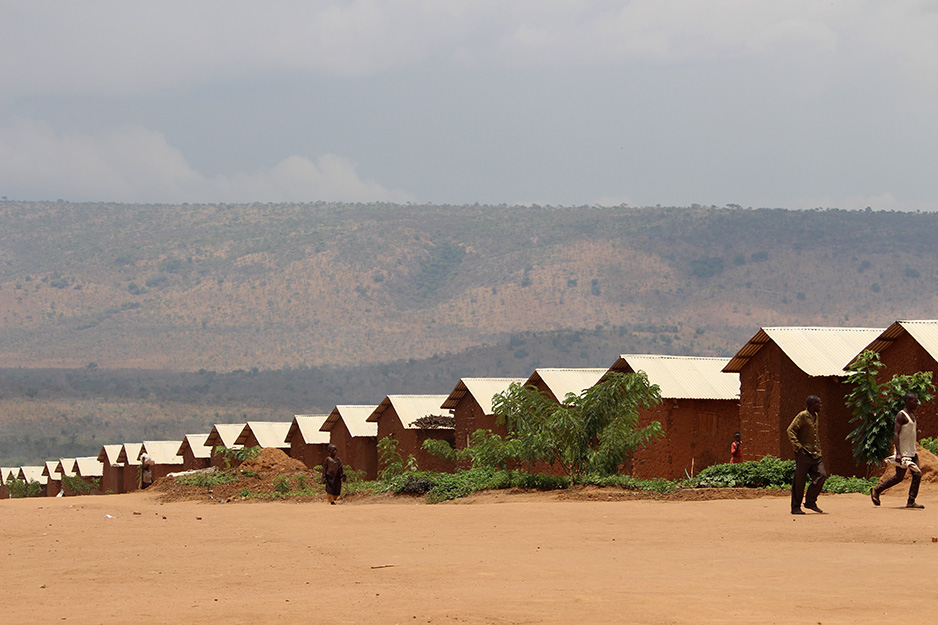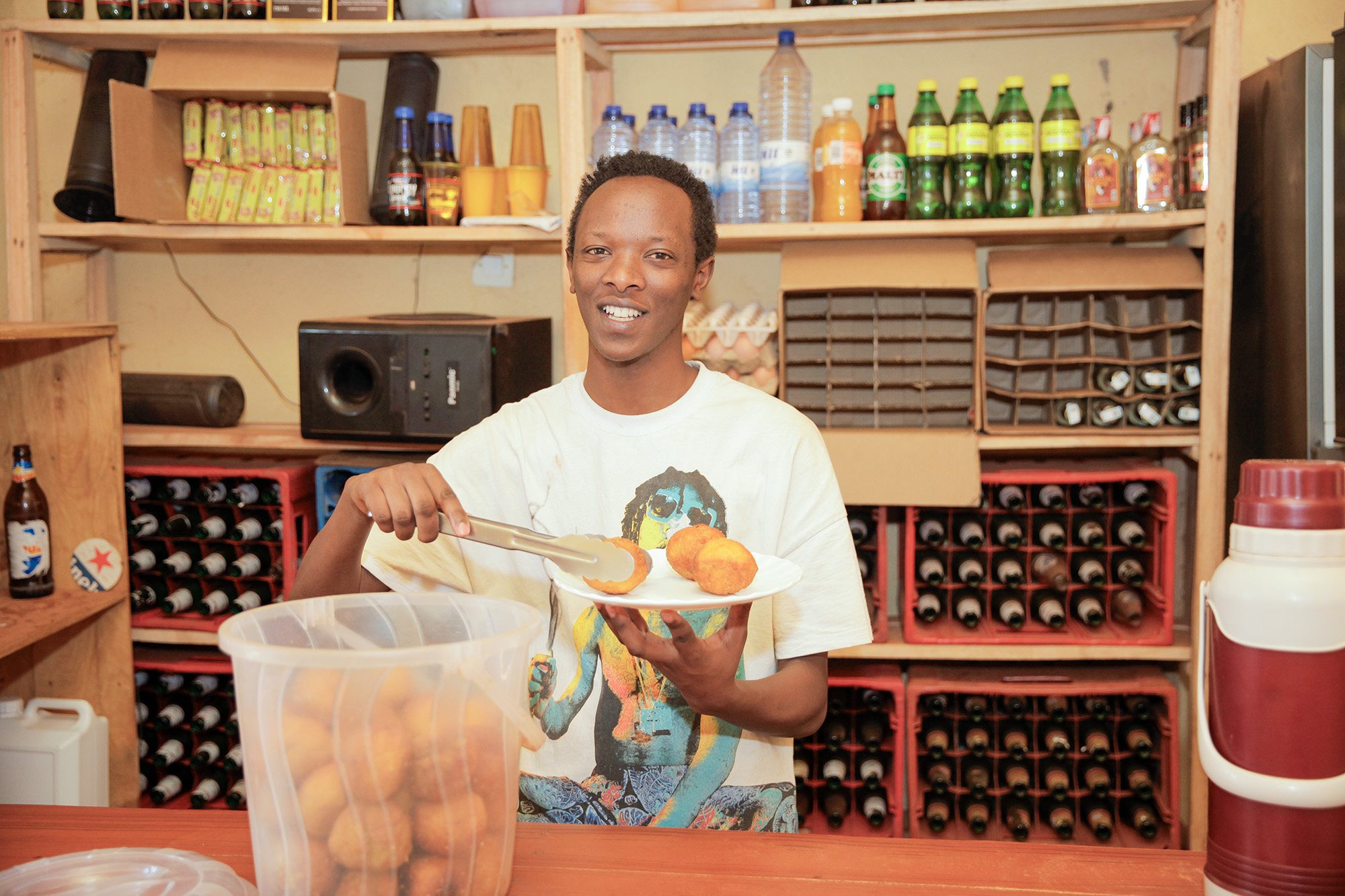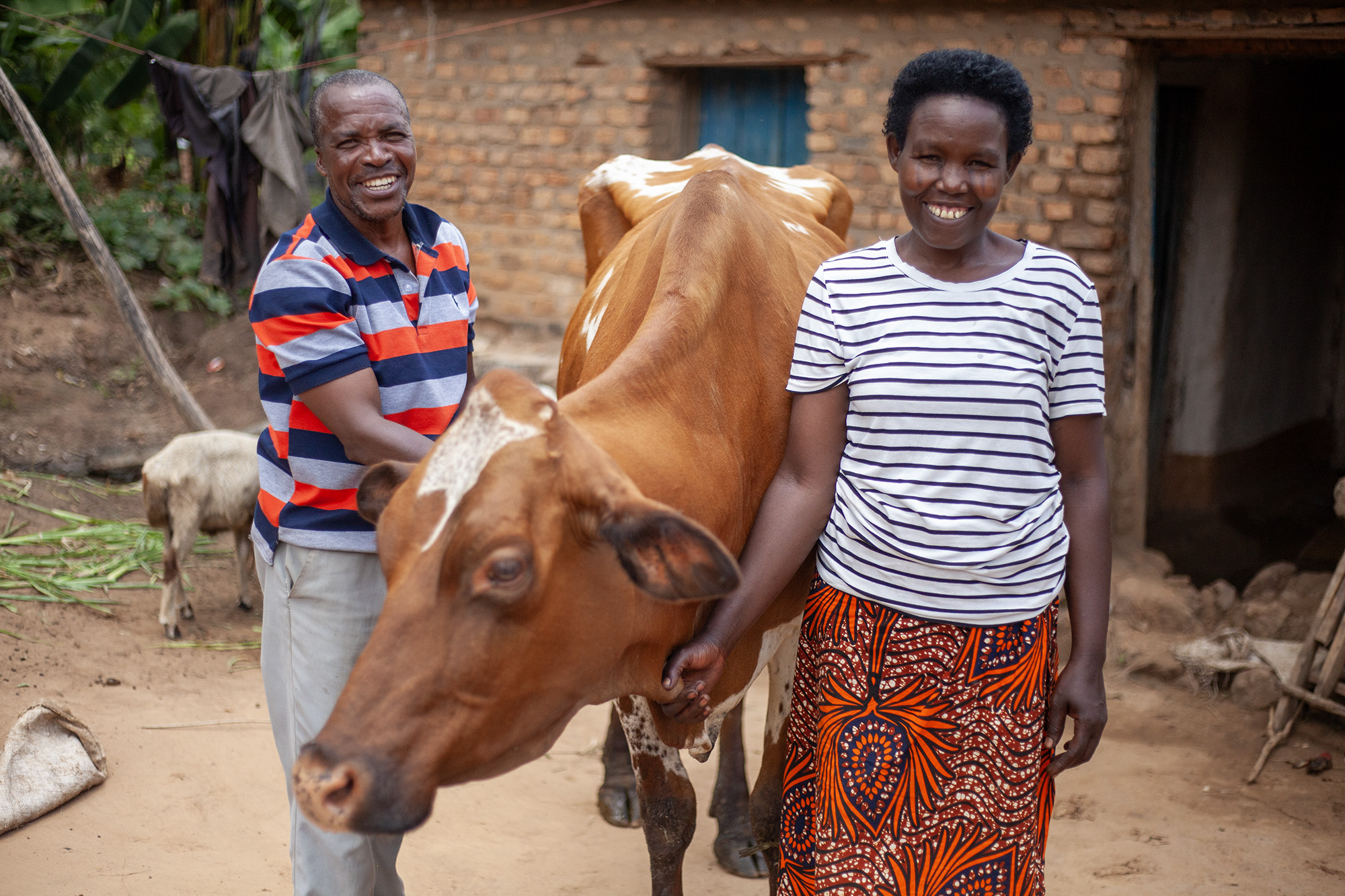

CARE Rwanda’s 2021-2025 Strategy extends our commitment to supporting vulnerable women and girls, aiming to empower 1.5 million individuals to thrive within the green, private-led economy while fully enjoying their rights. A critical component of this strategy involves our comprehensive Nexus programming, which seamlessly connects humanitarian assistance with sustainable development initiatives within refugee communities across Rwanda.
These interventions are directly aligned with CARE’s global Vision 2030 of providing humanitarian assistance to 50 million people, as well as the 2021-2024 MINEMA-UNHCR Joint Strategy on Economic Inclusion. Furthermore, CARE International in Rwanda has a Memorandum of Understanding (MoU) with the Ministry in charge of Emergency Management (MINEMA), establishing CARE as an operational partner in all aspects relevant to the Ministry’s mandate, including disaster management and refugee affairs. This collaboration ensures appropriate response to disasters, humanitarian assistance in emergencies, and timely handling of Rwandan and foreign refugee needs. Through this integrated approach and key partnerships, CARE Rwanda empowers vulnerable refugees, particularly women and girls, to achieve greater self-reliance and actively contribute to the local economies.
We are implementing several projects within this program area. These projects are being implemented in 11 districts.



Farmer Field Business School (FFBS): This model provides farmers with practical, hands-on training in both agricultural techniques and business management, enabling them to transition from subsistence farming to profitable agribusinesses.
Journey for Transformation (JfT): This approach focuses on fostering gender equality and power balance within households, empowering both men and women to make joint decisions that contribute to household well-being and economic empowerment.
Community Scorecard (CSC): This participatory tool empowers program participants to voice their concerns and priorities, fostering collective action and collaboration with local leaders to find sustainable solutions to community-specific challenges.
CARE is a global leader within a worldwide movement dedicated to ending poverty. We are known everywhere for our unshakeable commitment to the dignity of people.

90% of CARE USA’s expenses go to program
services.
CARE is a global leader within a worldwide movement dedicated to ending poverty. We are known everywhere for our unshakeable commitment to the dignity of people.

90% of CARE USA’s expenses go to program
services.